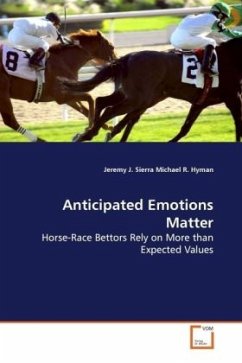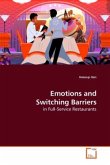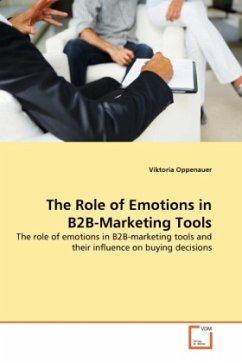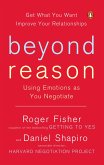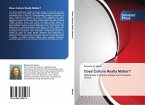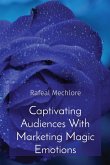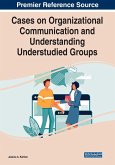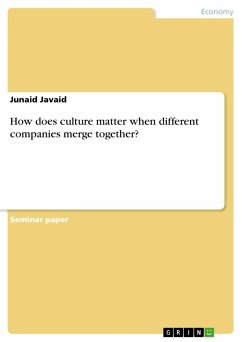In gaming contexts with uncertain outcomes, the
majority of bettors understand that positive returns
on their wagers, over time, are beyond reach.
Because well-established marketing and economic
theory generally assumes that consumers seek a net
positive return from marketplace transactions, the
value associated with gamblers repeated wagers must
not be captured solely by the probabilities and
values associated with betting outcomes. We theorize
that imagined outcomes, provoked by anticipated
emotions, entail the completive value not recognized
by traditional expected utility calculations. To
explore this possibility, we develop and test a dual-
process model that links select cognitive factors
luck-oriented locus of control and personal
expertise and emotive factors anticipated regret and
anticipated elation to willingness to incur
uncertainty in the form of betting on long shots.
Our empirical results validate this precursory
model, and thus a dual-process theory, in a horse-
race betting context.
majority of bettors understand that positive returns
on their wagers, over time, are beyond reach.
Because well-established marketing and economic
theory generally assumes that consumers seek a net
positive return from marketplace transactions, the
value associated with gamblers repeated wagers must
not be captured solely by the probabilities and
values associated with betting outcomes. We theorize
that imagined outcomes, provoked by anticipated
emotions, entail the completive value not recognized
by traditional expected utility calculations. To
explore this possibility, we develop and test a dual-
process model that links select cognitive factors
luck-oriented locus of control and personal
expertise and emotive factors anticipated regret and
anticipated elation to willingness to incur
uncertainty in the form of betting on long shots.
Our empirical results validate this precursory
model, and thus a dual-process theory, in a horse-
race betting context.

